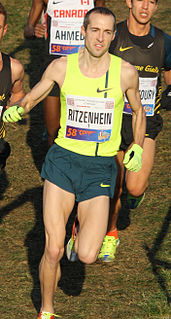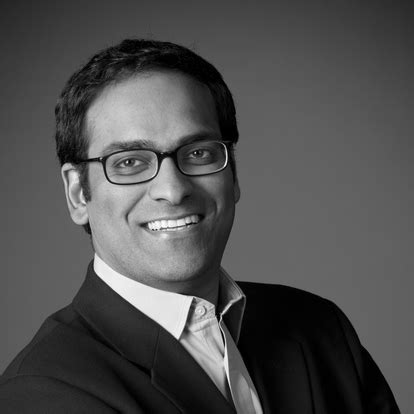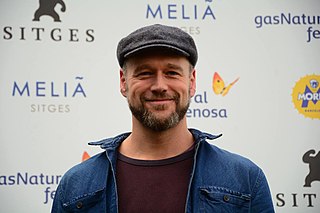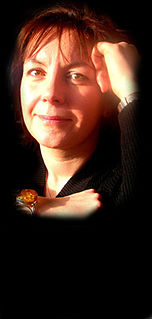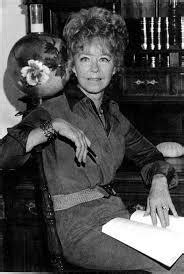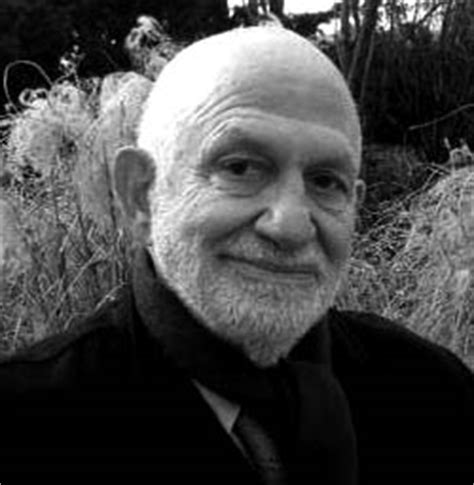A Quote by Laura Marling
I am slightly fascinated by the question of whether humanity is capable of change. I may have come to the conclusion that we're not, but we keep trying.
Quote Topics
Related Quotes
If you've got a desire to achieve something, then keep going until you achieve it. It's not always possible and things might change - circumstances may change or adversity or obstacles may come your way - but keep trying. I feel that I've tried to do that in my life and it's something that I've tried to pass on to my children as well.
Therefore, this is a question of whether we, humans, can change our culture and begin to truly care for all Creation, nurture all Life and thereby avert our own extinction. As such, this is a deeply spiritual issue and we can begin to act today, regardless of age. But the good news is that this is not a question of whether we will change our culture, but a question of when.
My question is about the head of the Office of Government Ethics. Is he acting ethically when he sent out nine tweets praising Donald Trump saying that his plan was brilliant. How did he come to that conclusion? And how does come to his current conclusions having never done an investigation and never looked at the paperwork in the point where he can actually come to a reasonable conclusion?I think that's unethical.
So many writers come to class with one question dominant in their mind, 'How do I make a living from this?' It's a fair enough question and one I always try to answer well- but it saddens me that it so often overshadows the more relevant questions of 'why am I writing' and 'what am I saying' and 'how do I keep it honest.
Addiction is more malleable than you know. When people come to me for therapy, they often ask me whether their behavior constitutes a real addiction (or whether they are really alcoholic, etc.). My answer is that this is not the important question. The important questions are how many problems is the involvement causing you, how much do you want to change it, and how can we go about change?


